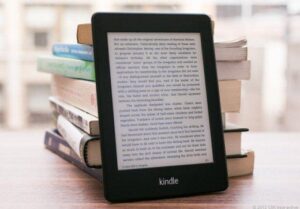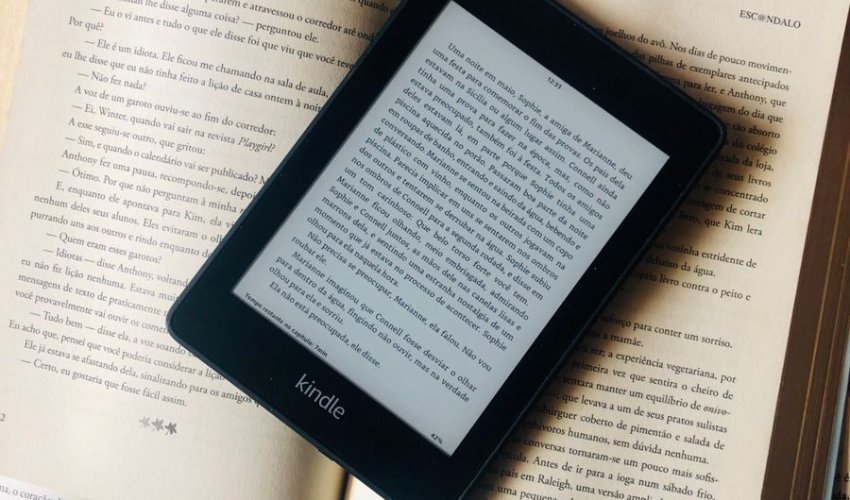Exploring the Pros and Cons of eBooks in Literature
The introduction of eBooks has completely changed how we access and read books in the current digital era. eBooks have significantly increased in popularity due to their accessibility and convenience. They do, however, have their own set of benefits and drawbacks, just like every technological advancement.

Pros and Cons of eBooks
PROS
Probability and Convenience
The benefit of being easily transportable is one of eBooks. Readers may carry thousands of books with them wherever they go with just one device, doing away with the need for bulky book bags and physical storage. Also offering flexibility and convenience, eBooks may be accessed on a variety of devices like e-readers, tablets, and smartphones.
Accessibility
A wider audience now has access to a world of literature thanks to eBooks. To improve their reading experience, people with visual impairments can use screen readers and font sizes that can be changed. Additionally, eBooks provide for immediate access to literature, doing away with the need for physical copies or trips to the bookstore. Readers in rural locations with little access to libraries or bookstores have benefited especially from this accessibility.
Cost-effectiveness
Since they are frequently less expensive than physical books, eBooks are more accessible to avid readers. Additionally, the lack of printing and distribution expenses through digital distribution enables authors to reach a wider audience. A large number of classic novels are also accessible for free as eBooks, which helps democratise literature.

eBook
CONS
Lack of Tangibility
The lack of the tactile sense of touching a real book is one of the main disadvantages of eBooks. Some readers find that a book’s feel, scent, and weight make reading more enjoyable; to be able to hold the new fictional world that readers live in time to time. It might be argued that the absence of these sensory elements in eBooks is a major loss.
Eye Strain and Distraction
Long-term usage of electronic gadgets for reading might wear out your eyes. Additionally, the backlighting of displays and ongoing blue light exposure can have a deleterious effect on sleep patterns. In addition, the temptations of notifications and multitasking on electronic devices may cause interruptions and lessen the immersive reading experience.
Dependence on Technology
Because they are fully technological, eBooks demand suitable hardware and steady internet connections. Reading periods can be frustrated by technical difficulties, power outages, or device malfunctions. In addition, issues with digital rights management (DRM) and the potential loss of access to eBooks that have been acquired because of platform closures or modifications have been brought up.
Unquestionably, eBooks have changed the literary scene by providing a number of advantages like mobility, accessibility, and cost. They do, however, have some drawbacks, such as the lack of tangibility, potential health problems, and dependence on technology. It’s crucial to create a balance between the practicality of eBooks and the irreplaceable charm of physical books as society continues to accept digital innovations. The decision between eBooks and physical copies ultimately boils down to taste and how much importance is placed on the immersive reading experience. In short, eBooks could never replace the beauty and experience of living inside, metaphorically, a paperback or hardbound novel.

Paperbacks


Leave a Reply